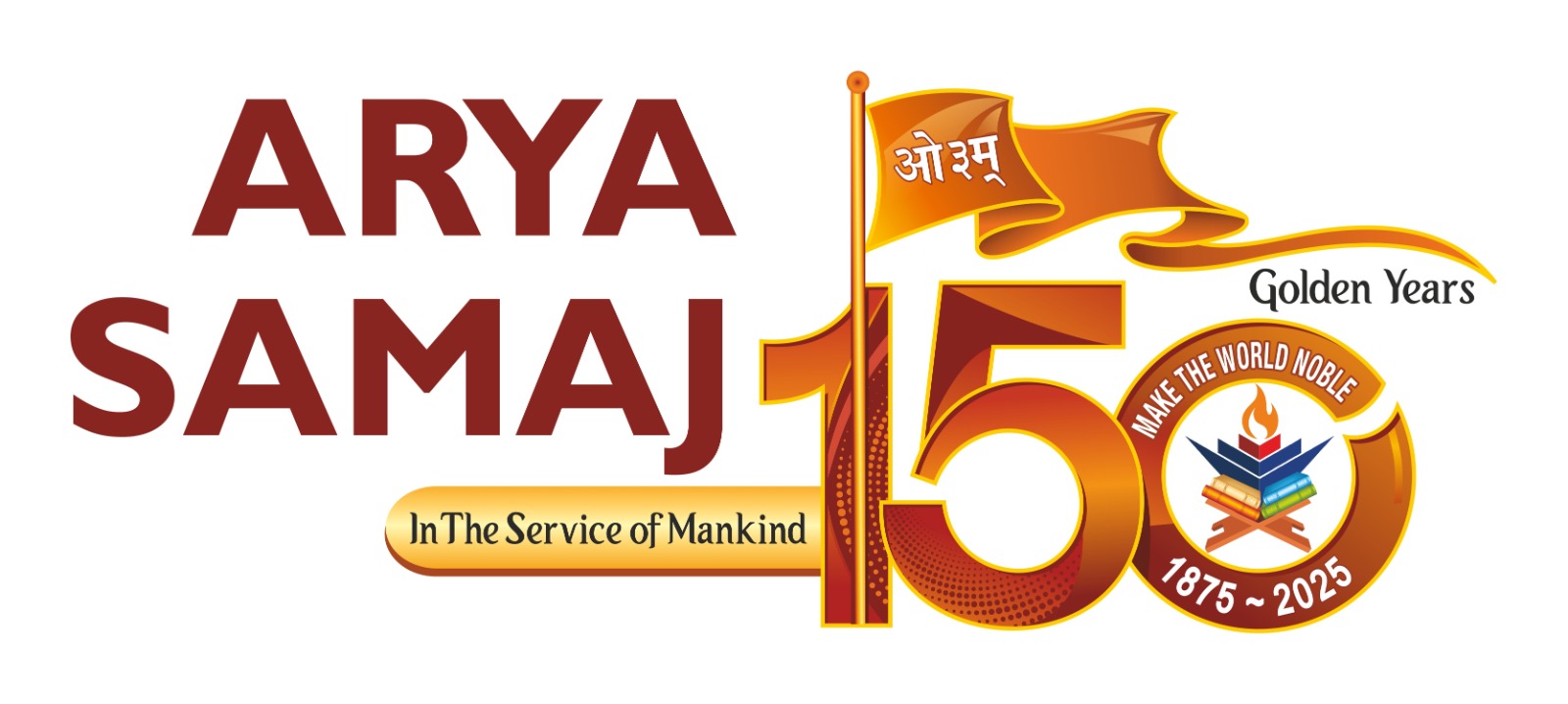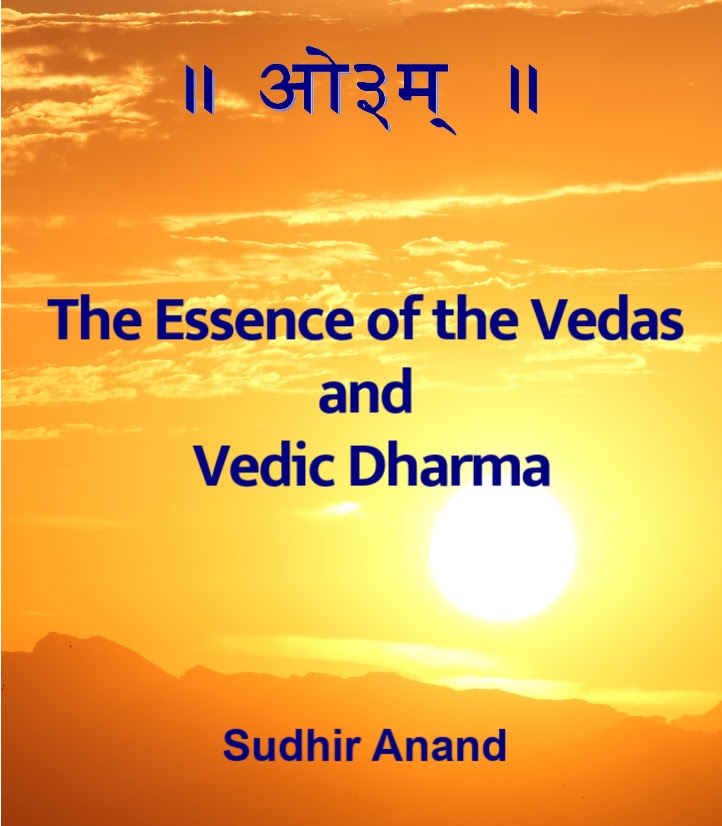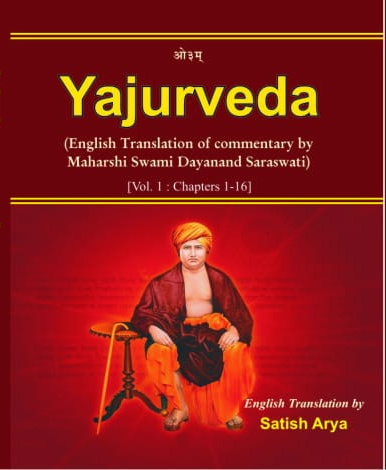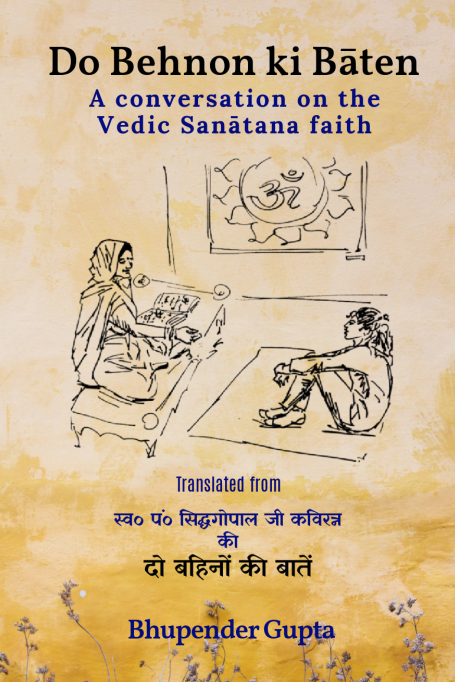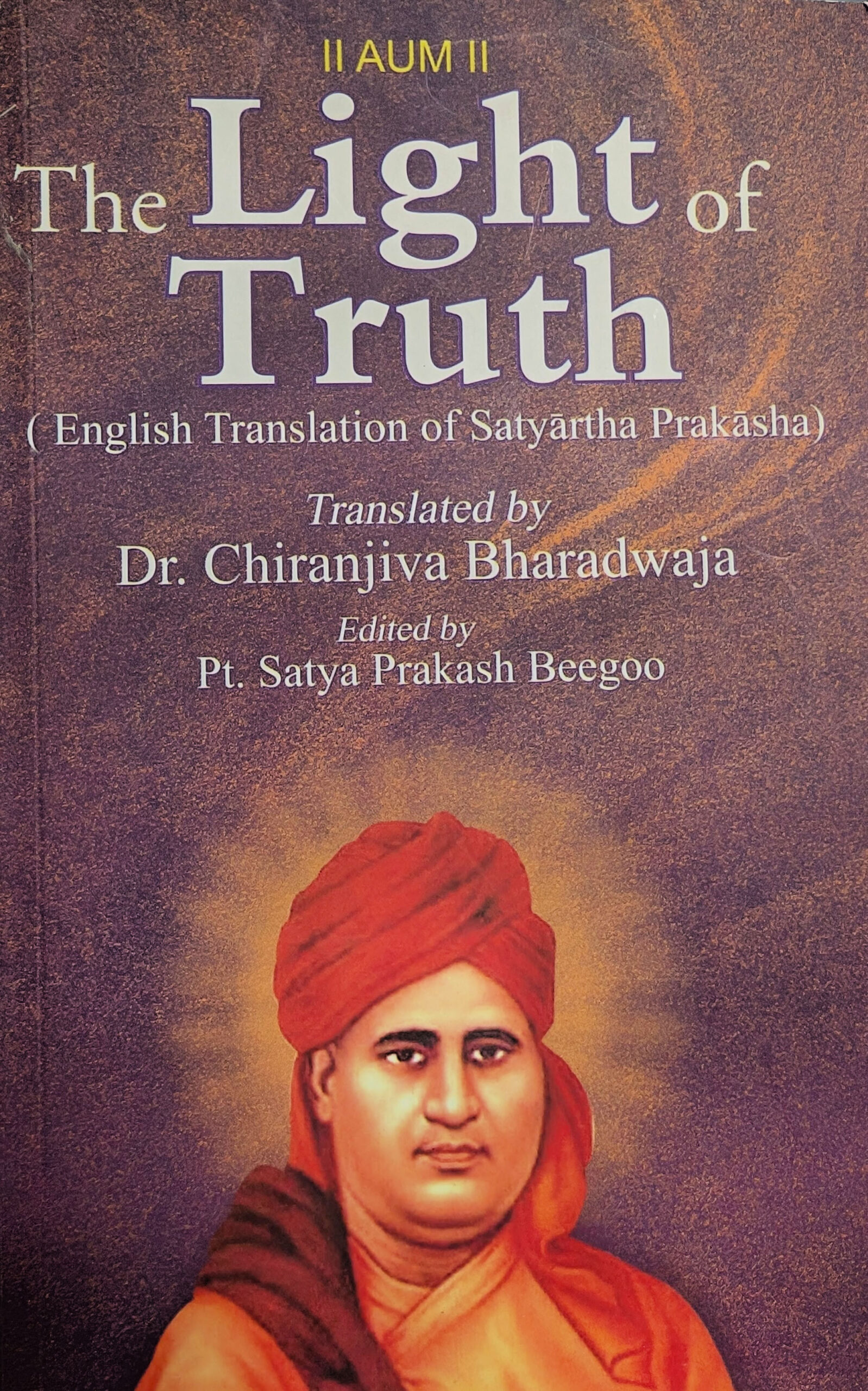Description
The Essence of the Vedas and Vedic Dharma – By Dr. Sudhir Anand
The focus of this book is on the essential teachings of the Vedas that constitute Vedic Dharma and how we should conduct our lives based on those teachings in order to find happiness, peace, harmony and fulfillment in life. The book is written in plain English to explain the fundamental precepts so that one may not get lost in the trivia. Sanskrit-to-English translation of 200 Veda mantras from the four Vedas is included to substantiate the essential teachings.
According to the Vedas there is only One God who is addressed as Om, Eeshvara and also by many other names. Eeshvara/God is Omnipresent as the Universal Spirit but has no shape or form i.e. He is not anthropomorphic. Eeshvara is eternal and does not incarnate as a human being. He is Omniscient and the Source of all true knowledge. Eeshvara/God is always Blissful and the Source of all Bliss. All individuals have the potential to directly (without intermediaries) acquire bliss and true knowledge from Him through the practice of spiritual yoga— i.e. meditation because He exists inside everyone’s soul. Eeshvara is Omnipotent. However, His omnipotence does not mean that He can do whatever He pleases. God does not perform miracles to please people because even He follows the rules of material science that He created.
Correct definitions of words such as dharma, karma, mantra, deva and moksha etc. are provided, which you will find are quite different from their popular use. You will learn what Vedas say about the soul, the mind, family relationships, role of women, society and how to approach and live our lives virtuously. Vedas encourage prosperity but along with generosity and teach us what to do when one is discouraged. You will also learn that Vedas are the root source of the original yoga by rishi/seer Patanjali.
You will learn that all translations of the Vedas in English are not the same and most translations by Western scholars are fundamentally flawed due to a lack of correct understanding on their part of the concept of Eeshvara described in the Vedas as well as of the Sanskrit used in the Vedas. Comparative translations of several Veda mantras are included to demonstrate the vast differences in the translations.
While Hindus acknowledge Vedas to be their root scriptures, current religious practices of most Hindus have considerably deviated from the actual teachings of the Vedas e.g. Vedas do not support any type of murti i.e. icon/idol worship commonly practiced by Hindus. The role and status of women and the Varna (caste system) in the Vedas are quite different from the current practices of many Hindus in India.
The aim of this book is to promote truth and with the teachings of the Vedas help one progress spiritually in one’s personal life journey to find prosperity, fulfillment, happiness, peace, harmony, and joy.
